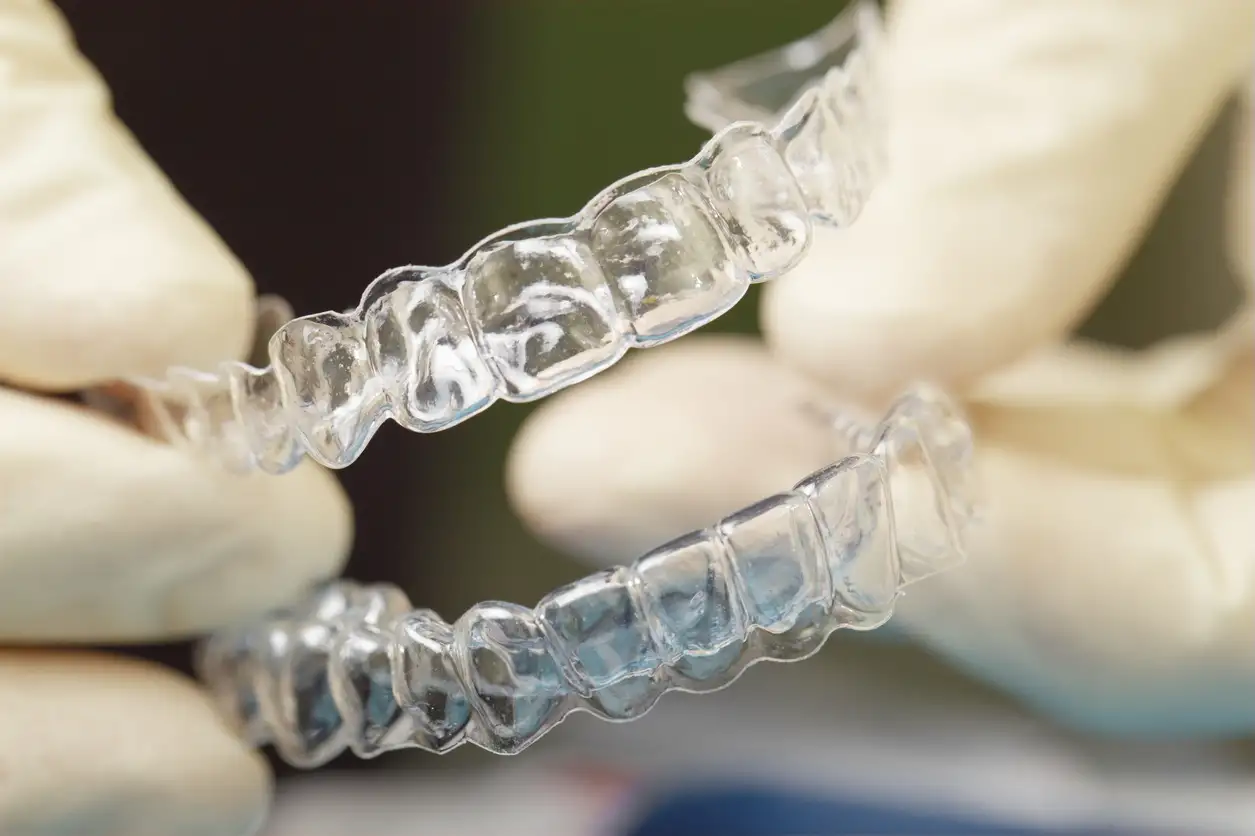Affordable Teeth Straightening Options for Seniors in the UK 2025
Many people still believe that orthodontic treatment is only for teenagers. In reality, more and more seniors in the UK are choosing to straighten their teeth later in life. The reasons are simple but important: better chewing, easier cleaning, improved oral health, and the confidence that comes with a healthy smile. Thanks to modern technology, teeth straightening has become more comfortable, flexible, and accessible for people over 60.

Traditional Metal Braces – Reliable and Budget-Friendly
Traditional metal braces remain the most cost-effective option for seniors seeking orthodontic treatment. These time-tested devices use metal brackets and wires to gradually move teeth into proper alignment. Modern metal braces are smaller and more comfortable than their predecessors, making them an excellent choice for adults who prioritise effectiveness over aesthetics.
The treatment typically takes 18-24 months, depending on the complexity of the case. Many NHS practices offer metal braces for adults with severe orthodontic needs, though availability varies by region. Private practices across the UK provide this treatment with flexible payment plans, making it accessible for seniors on fixed incomes.
Ceramic Braces – A Less Noticeable Alternative
For seniors who want the reliability of traditional braces with improved aesthetics, ceramic braces offer an excellent compromise. These braces use tooth-coloured or clear brackets that blend naturally with your teeth, making them far less noticeable than metal alternatives.
Ceramic braces work identically to metal braces but appeal to seniors who remain active in professional or social settings. The treatment duration is similar to metal braces, and while slightly more expensive, they provide discretion without sacrificing effectiveness. Regular maintenance is crucial as ceramic brackets can stain if not properly cared for.
Self-Ligating Braces – More Comfort Less Pressure
Self-ligating braces represent a technological advancement in orthodontic treatment, using clips instead of elastic bands to hold the wire in place. This design reduces friction and allows teeth to move more freely, often resulting in shorter treatment times and fewer adjustment appointments.
Seniors particularly benefit from the reduced pressure and discomfort associated with self-ligating systems. These braces require fewer visits to the orthodontist, making them ideal for older adults with mobility concerns or busy schedules. The improved comfort level makes this option increasingly popular among adult patients seeking efficient treatment.
Lingual Braces – Hidden Behind the Teeth
Lingual braces offer complete invisibility by attaching to the back surfaces of teeth. This option appeals to seniors who want comprehensive orthodontic treatment without any visible appliances. Custom-made for each patient, lingual braces can address complex alignment issues while maintaining a natural appearance.
The treatment requires specialised training from orthodontists, which limits availability and increases costs. Initial adjustment periods may involve temporary speech changes and tongue discomfort. However, for seniors prioritising discretion, lingual braces provide unmatched invisibility throughout the treatment process.
Clear Aligners – Modern Discreet and Convenient
Clear aligners have revolutionised orthodontic treatment, offering removable, nearly invisible plastic trays that gradually straighten teeth. Popular brands like Invisalign and local UK alternatives provide custom-fitted aligners changed every 1-2 weeks. This modern approach suits seniors who value flexibility and discretion.
The removable nature allows for normal eating, drinking, and oral hygiene routines. Treatment times vary but typically range from 12-18 months for mild to moderate cases. Regular compliance wearing aligners 20-22 hours daily is essential for success, making this option ideal for disciplined seniors.
Below is a comparison of typical costs for teeth straightening options available to seniors across the UK:
| Treatment Type | Provider Examples | Estimated Cost Range | Treatment Duration |
|---|---|---|---|
| Metal Braces | NHS/Private Practices | £1,500 - £3,500 | 18-24 months |
| Ceramic Braces | Private Orthodontists | £2,000 - £4,500 | 18-24 months |
| Self-Ligating Braces | Specialist Clinics | £2,500 - £5,000 | 12-20 months |
| Lingual Braces | Specialist Practitioners | £5,000 - £8,000 | 18-30 months |
| Clear Aligners | Invisalign/Smile Direct | £1,500 - £5,500 | 12-18 months |
Prices, rates, or cost estimates mentioned in this article are based on the latest available information but may change over time. Independent research is advised before making financial decisions.
Many orthodontic practices offer payment plans specifically designed for seniors, spreading costs over extended periods. Some dental insurance plans provide partial coverage for adult orthodontics, particularly when treatment addresses functional issues rather than purely cosmetic concerns.
Choosing the right teeth straightening option depends on your budget, lifestyle, and aesthetic preferences. Consultation with qualified orthodontists in your area will help determine the most suitable treatment plan. Many practices offer free initial consultations, allowing seniors to explore options without financial commitment. Remember that investing in orthodontic treatment can improve both oral health and confidence, making it a worthwhile consideration regardless of age.
This article is for informational purposes only and should not be considered medical advice. Please consult a qualified healthcare professional for personalised guidance and treatment.




